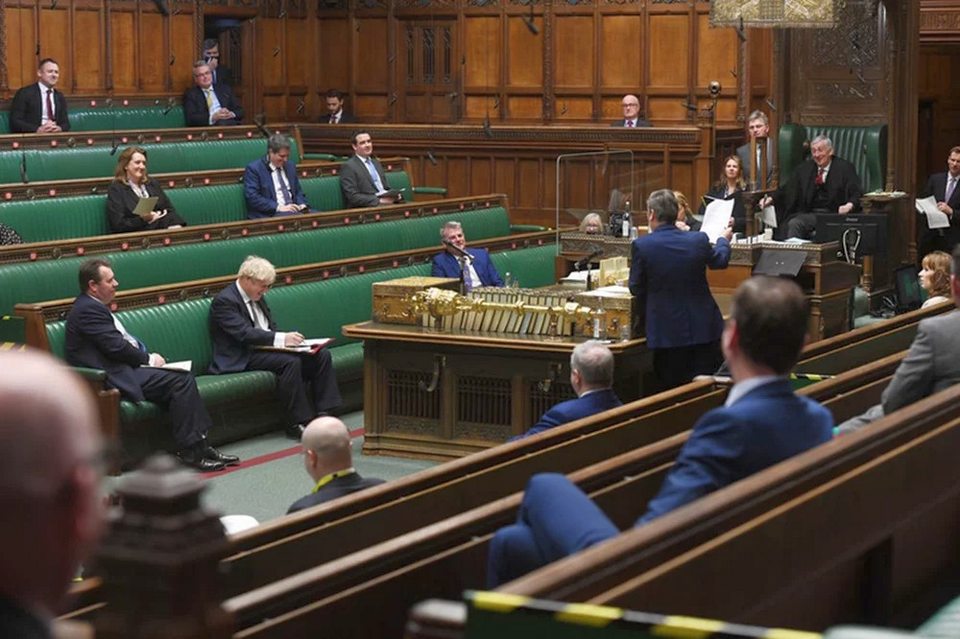
The recent publicity attending the parliamentary attendance record of former deputy prime minister General Prawit Wongsuwan forgets that it’s a world-wide subject. It always has been. In the UK, not even a “right to know” petition could force the Speaker to divulge the statistics of significant absenteeism from the House of Commons. It’s less of a problem in the non-elected House of Lords where there are too few seats to accommodate comfortably all 800-plus Lordships at the same time.
British history is full of examples of alleged dereliction of duty. James the First in the 17th century criticized House members who preferred “frolicks” to debating and even tried to compel them to obtain a special licence if they wanted a day off. In the United States, Politico has criticized Senator Ted Cruz for having the worst record in turning up to join the discussions. This led to a debate in the press whether absence-prone politicians these days are workers or shirkers.
In South Africa where records are public, the security minister allegedly played truant on two thirds of duty days, whilst a parliamentary spokesman in Sri Lanka had an even worse record in attending committee meetings. However, he defended himself by pointing out that being a senior politician was not like being a student at school. By not turning up, he was giving the opportunity to younger parliamentary colleagues to speak and gain confidence.
Matters became very serious in Kenya where the national press described politicians as “Common layabouts, thieves and ne’er do wells who have been given too big a loophole to wriggle their way through their responsibilities.” For a time, a daily roll call of absentees was printed in a daily newspaper, an item cancelled after nobody seemed to care. The excuses given were mainly of the I’m-too-busy type, although one criticized member pointed out he was serving a lengthy jail sentence.
National leaders have not escaped the indictment. Former British prime minister Tony Blair was attacked in print as he almost never turned up in Parliament unless he had to give a speech. Adolf Hitler had the answer: he spent a fortune on a luxurious Cabinet room but never called a meeting from 1938 to his suicide in 1945. General Franco in Spain was once asked why he never summoned representatives and replied he already knew what they would say.
At least General Prawit has offered to return his salary as a member of the House of Representatives for the duration. You have to go back to the days of the ancient Roman empire to find a precedent. In the reign of Tiberius, a Senator repaid his emolument in order to take up a new position of Inspect of Taxes throughout the provinces. A most sensible career move.








